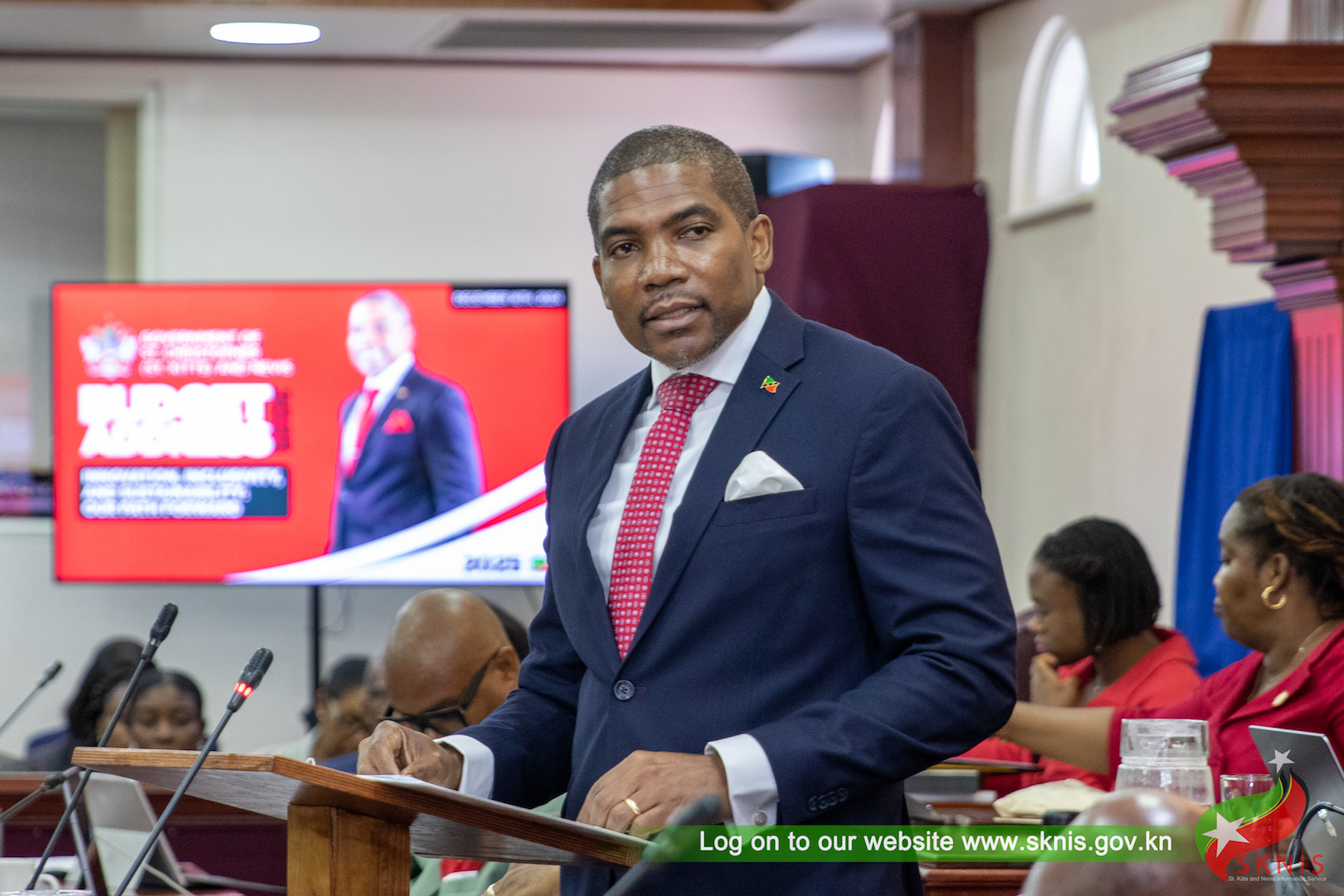Prime Minister Drew’s Cost of Living Interventions: Progress and Expenditures
The government of St. Kitts and Nevis has launched a groundbreaking initiative, the Budget Boost Wallet (BBW), designed to provide direct financial relief to its citizens facing the increasing burden of the cost of living. Set to begin in January 2025, the BBW will provide a monthly payment of $250 to individuals earning $5,000 or less per month for six months. This translates to a total of $1,500 per recipient over the program’s duration. Critically, the benefit is applied on a per-person basis within a household. A family of three, for instance, where each member qualifies, would receive a combined monthly support of $750. This targeted approach aims to directly assist families with essential expenses such as groceries and utilities, mitigating the impact of imported inflation and global economic uncertainties.
Coupled with the BBW, the government has implemented a significant reduction in the Value Added Tax (VAT) from 17% to 13% for the first half of 2025. This unprecedented move aims to provide immediate and broad relief across the population by lowering the cost of goods and services for all residents. Prime Minister Dr. Terrance Drew highlighted the unique nature of this combined approach, emphasizing that no other nation in the region offers such a comprehensive package to address inflation and cost of living challenges. He underscored the government’s dedication to ensuring every citizen can meet their basic needs, positioning the BBW and VAT reduction as crucial steps towards achieving this goal.
These new measures build on the government’s substantial investments in 2024 aimed at shielding citizens from escalating costs. Throughout the previous year, the government allocated $320 million towards subsidies and social programs, encompassing fuel subsidies, electricity relief, and cooking gas support. These efforts were further bolstered by enhanced social safety net programs such as LIFT and STEP. These initiatives demonstrate the government’s proactive strategy to mitigate the impact of global economic pressures on its citizens. The Cost of Living Task Force, established to continuously monitor and address critical issues impacting household expenses, will continue its work to implement sustainable policies that provide relief, maintain purchasing power, and address the ripple effects of global inflation.
The government has strategically framed the BBW within the broader context of the Federation’s Sustainable Island State Agenda. This agenda prioritizes economic stability, inclusivity, and sustainability, and the BBW is presented as a key component in achieving these goals. The Prime Minister emphasized that these measures not only address immediate needs but also contribute to building a more robust and resilient economy for the future. The combined impact of the BBW, VAT reduction, and existing social programs are intended to empower citizens, instill hope, and ensure that no one is left behind as the nation strives for economic recovery and long-term prosperity.
Beyond the immediate economic benefits, the introduction of the BBW and the VAT reduction speaks to the government’s commitment to its citizens’ well-being. Prime Minister Drew reiterated his administration’s commitment to improving the lives of all residents, highlighting a government that listens, acts, and prioritizes its people. As the “Year of Recovery” commences, these initiatives signal a proactive approach to tackling economic challenges and building a more secure future for all citizens of St. Kitts and Nevis. The government encourages citizens to visit their official website to learn more about their achievements and successes in navigating these complex economic times.
The implementation of the Budget Boost Wallet and the reduction in VAT represent a bold and innovative strategy to combat the rising cost of living and support the financial well-being of the people of St. Kitts and Nevis. By providing direct cash assistance and lowering the cost of essential goods and services, the government aims to alleviate the financial burden faced by households and contribute to a more stable and equitable economic landscape. These measures, coupled with the ongoing work of the Cost of Living Task Force and previous investments in social programs, demonstrate a comprehensive approach to navigating economic challenges and building a more resilient future for the nation.
Share this content:












Post Comment